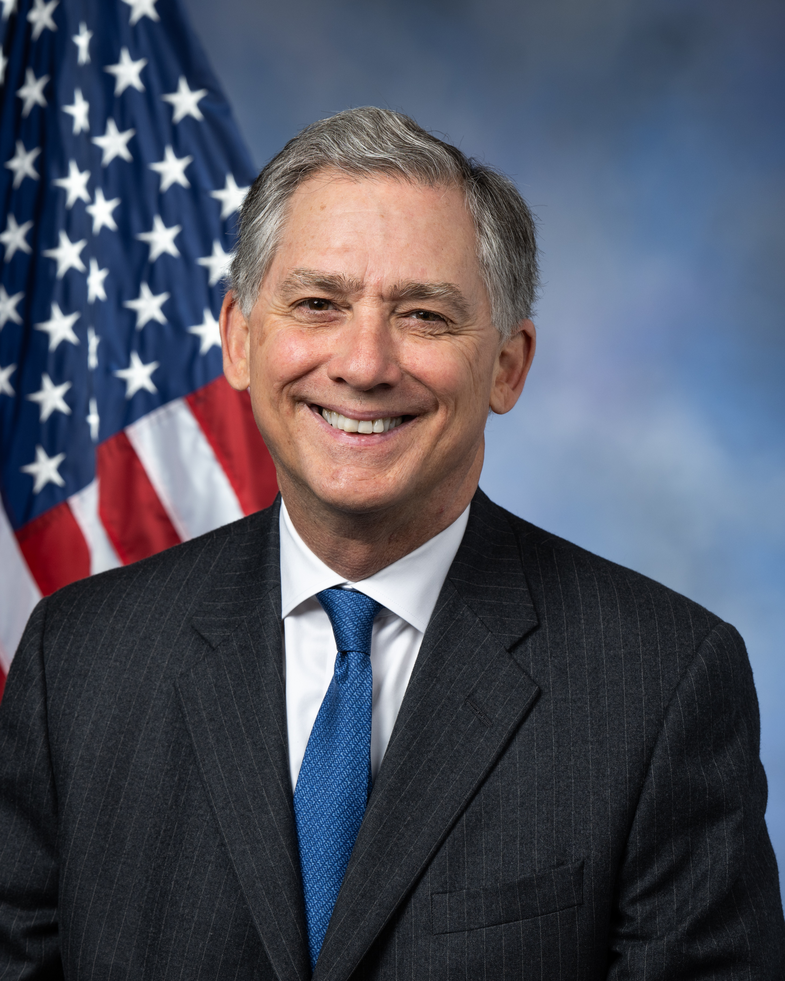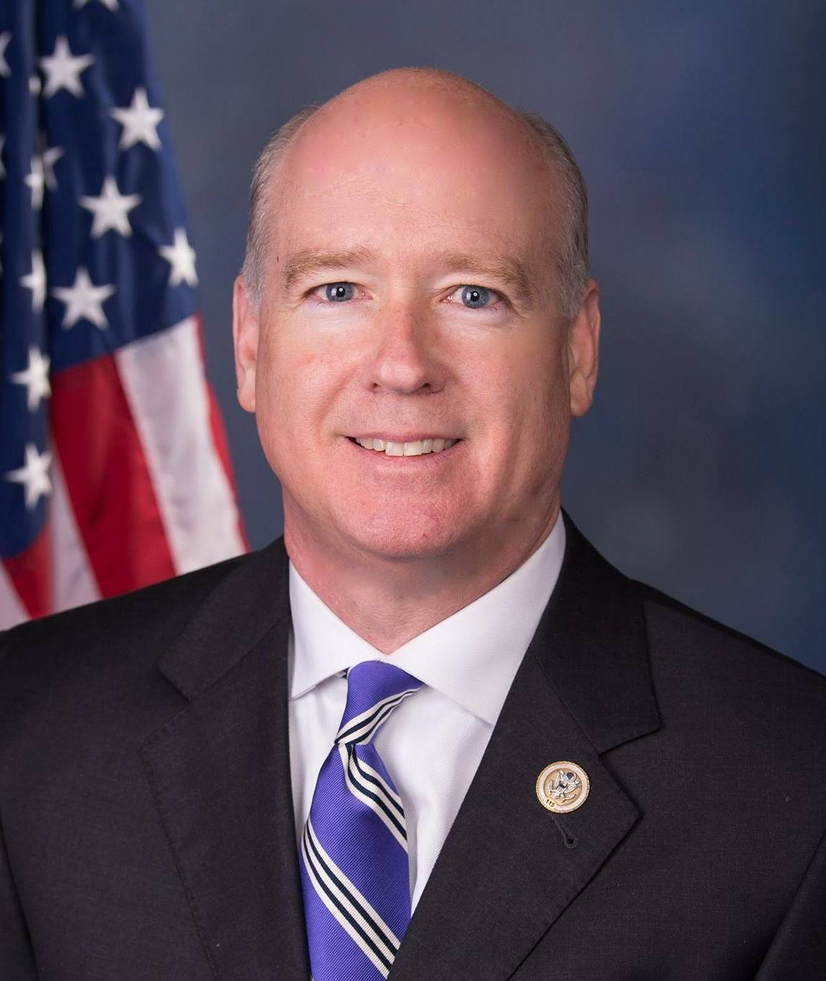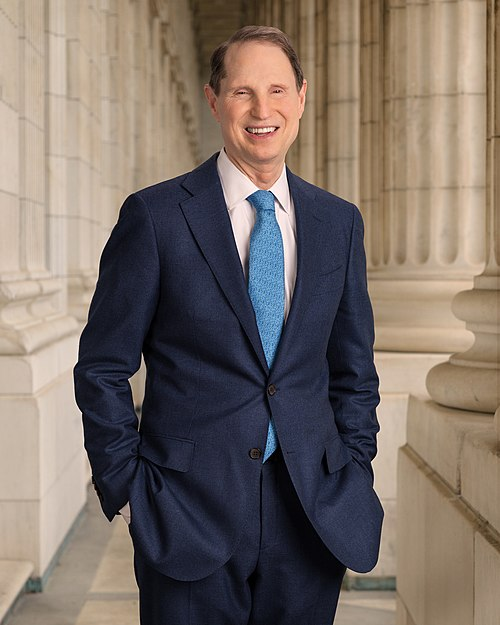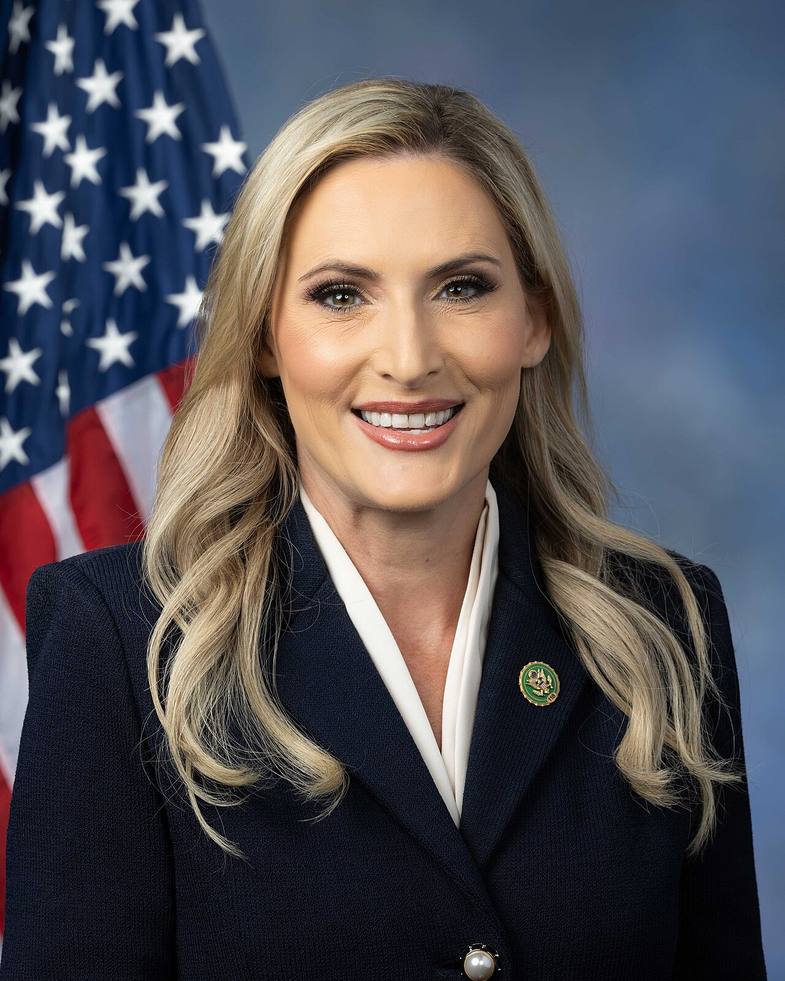H.R. 5278: Affordable Inhalers and Nebulizers Act of 2025
The Affordable Inhalers and Nebulizers Act of 2025 aims to make prescription inhaler products more affordable for patients suffering from breathing disorders such as asthma and chronic obstructive pulmonary disease (COPD). Here’s a breakdown of what the bill entails:
1. Coverage and Cost-Sharing Requirements
The bill requires private health insurance plans to provide coverage for specified inhaler products, which includes different types of inhalers and related equipment. Key provisions include:
- Health plans cannot impose a deductible for inhalers.
- The maximum cost-sharing amount that patients have to pay will be capped at $15 for a 30-day supply of these inhaler products.
- Any cost-sharing amounts paid by patients will count toward their overall out-of-pocket maximum and deductible, helping them manage their overall health care expenses better.
2. Definition of Specified Inhaler Products
The bill defines specified inhaler products as maintenance or reliever inhalation drugs approved for treating lung diseases. This definition encompasses various forms of inhalation medications such as:
- Inhalation aerosols
- Metered dose inhalers
- Dry powder inhalers
- Inhalation solutions
- Bronchodilators and corticosteroids
- Equipment like masks, nebulizers, and tubing used in administering these drugs
3. Medicare Provisions
The bill also updates Medicare coverage guidelines so that:
- For specified inhaler products, Medicare will cover the full cost minus a patient co-payment of $15 for a 30-day supply.
- This applies to both Medicare Part B (which covers physician services and some outpatient care) and Medicare Part D (which covers prescription drugs).
4. Support for Uninsured Individuals
Beginning January 1, 2026, the bill establishes a program for uninsured individuals. Key points include:
- Registered health care providers can submit claims to the Secretary of Health and Human Services for reimbursements related to the provision of inhaler products to uninsured patients.
- The government will reimburse providers, ensuring that uninsured individuals are not liable for more than $15 for a month’s supply of inhalers.
5. Implementation and Regulatory Authority
The Secretary of Health and Human Services will be responsible for implementing these changes, which can be done through various administrative means.
Relevant Companies
- PFE: Pfizer may be impacted due to their production of inhalers and respiratory medications.
- BYD: Bytedance's operations may influence the development of associated digital health applications or platforms for inhaler usage tracking.
- GSK: GlaxoSmithKline produces a variety of inhalers and could see changes in demand dynamics due to pricing regulations.
This is an AI-generated summary of the bill text. There may be mistakes.
Sponsors
14 bill sponsors
-
TrackKweisi Mfume
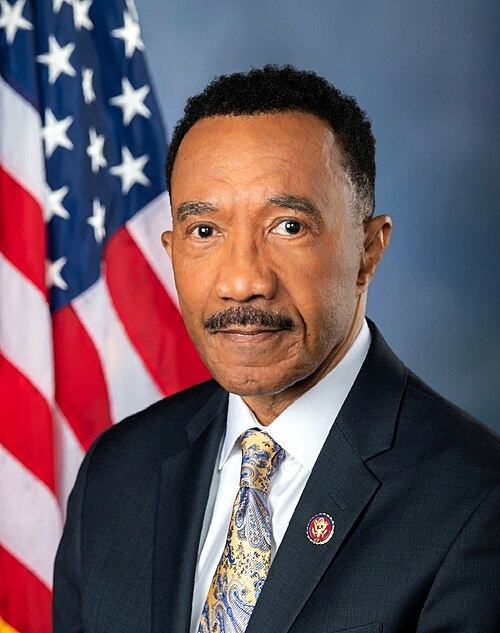
Sponsor
-
TrackDanny K. Davis
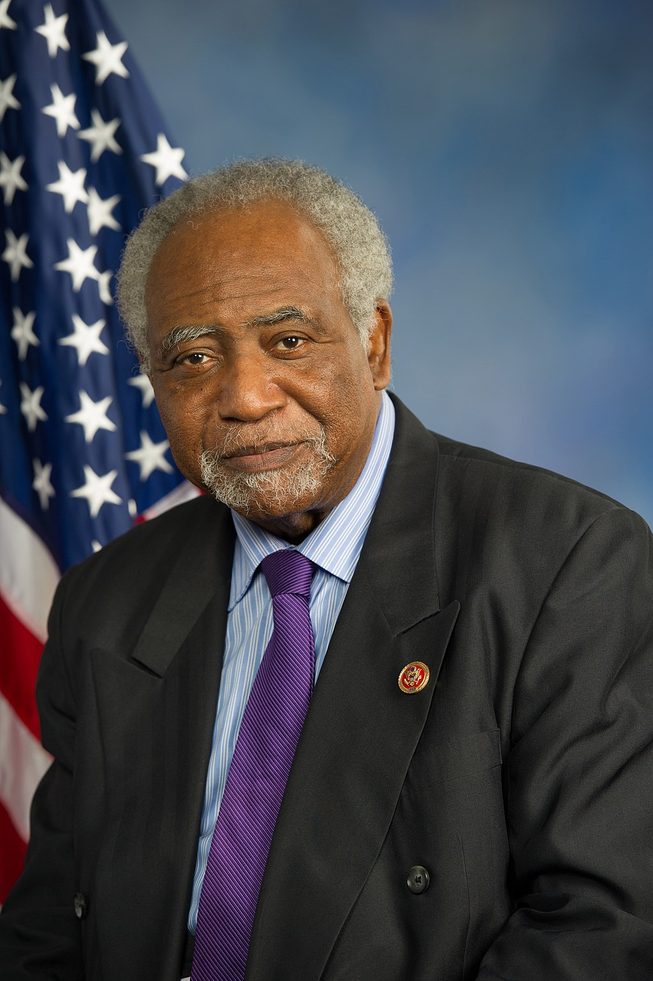
Co-Sponsor
-
TrackSarah Elfreth
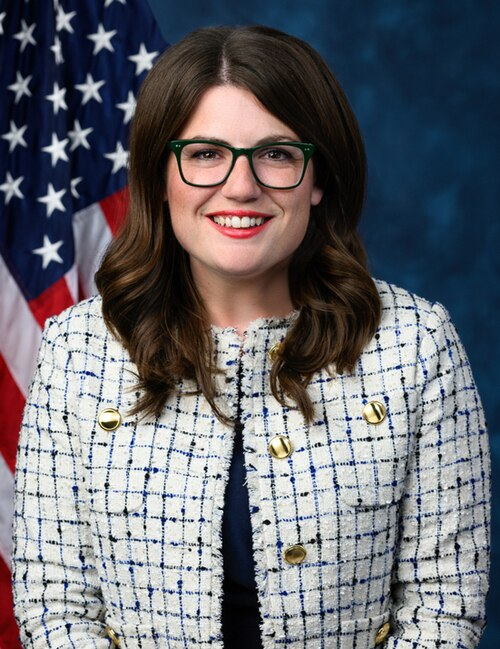
Co-Sponsor
-
TrackCleo Fields

Co-Sponsor
-
TrackShomari Figures
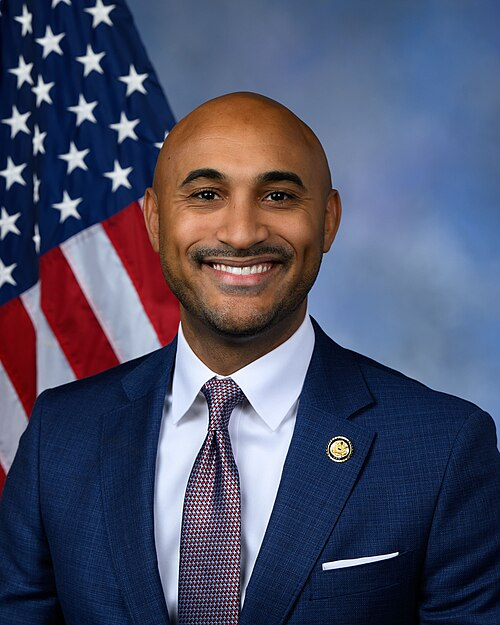
Co-Sponsor
-
TrackValerie P. Foushee
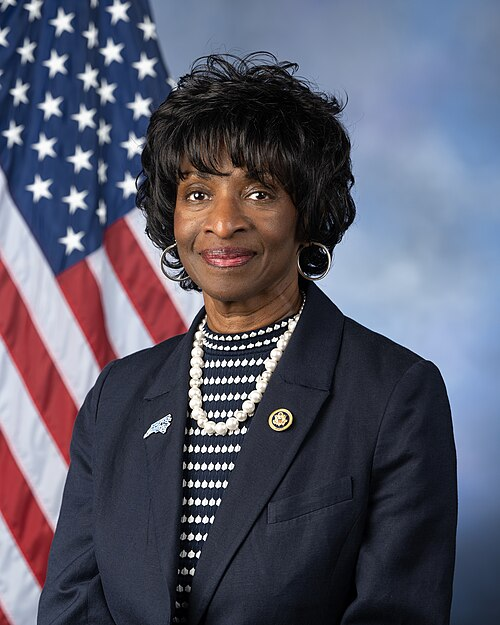
Co-Sponsor
-
TrackGlenn Ivey
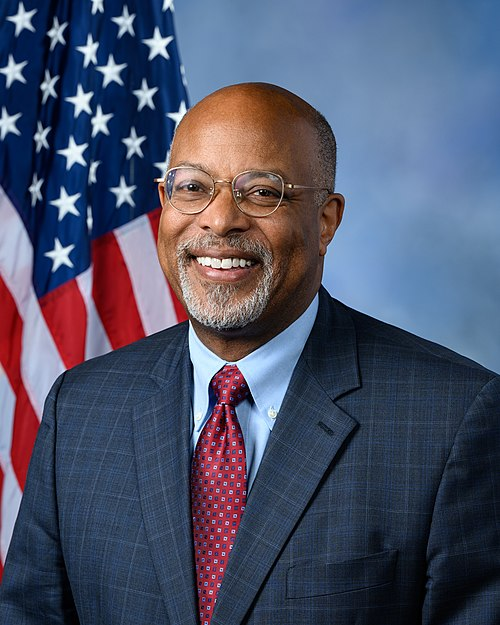
Co-Sponsor
-
TrackHenry C. "Hank" Johnson, Jr.

Co-Sponsor
-
TrackStephen F. Lynch
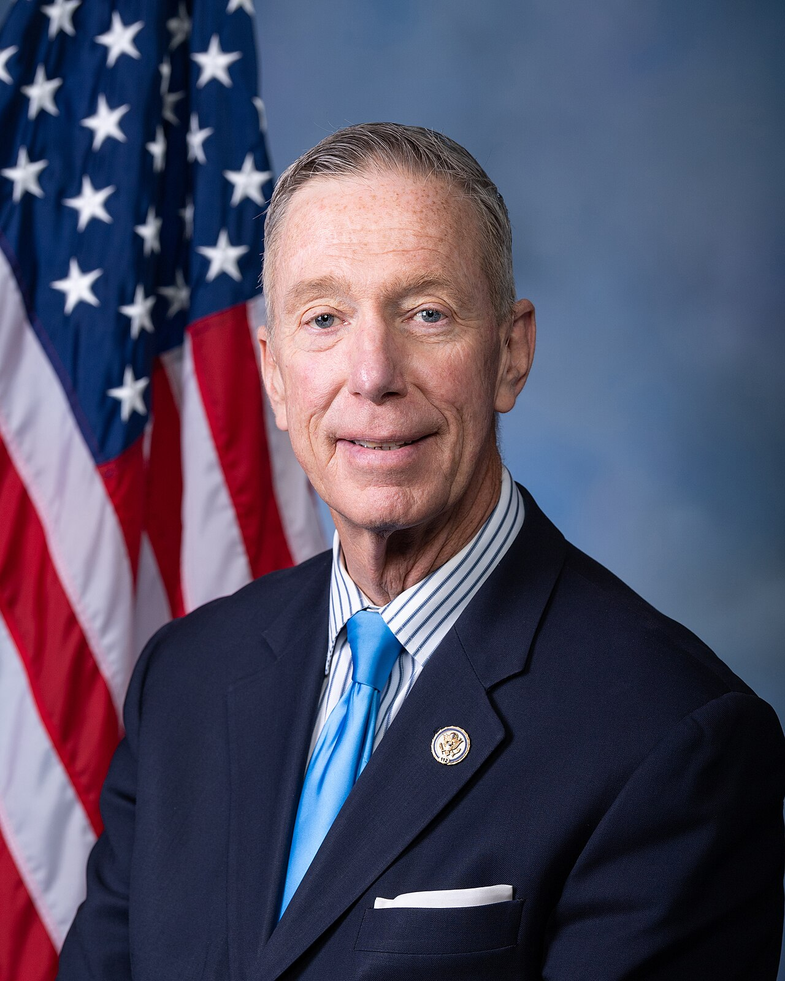
Co-Sponsor
-
TrackApril McClain Delaney
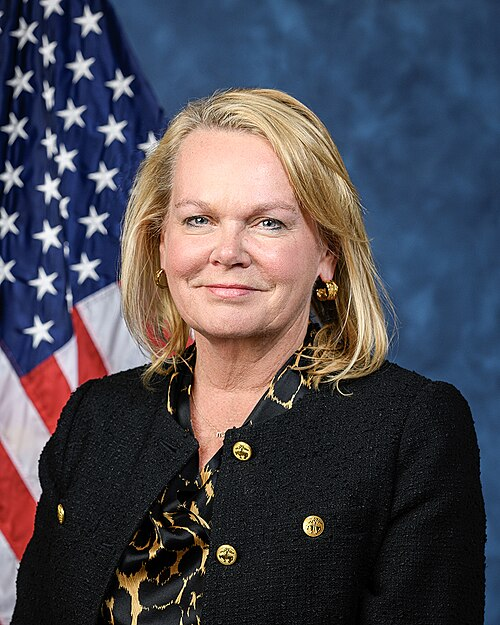
Co-Sponsor
-
TrackLaMonica McIver
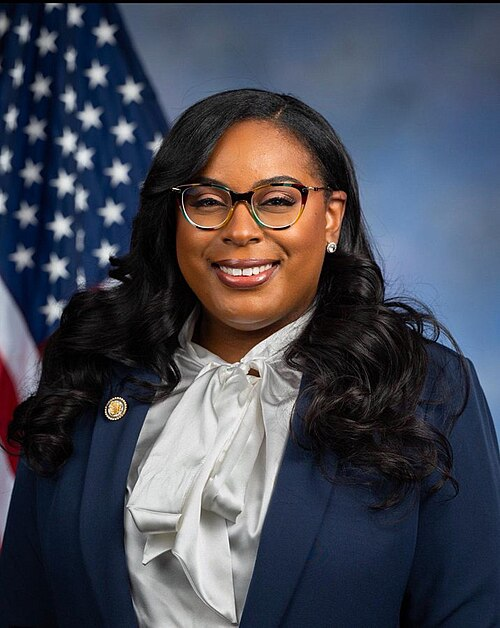
Co-Sponsor
-
TrackEleanor Holmes Norton

Co-Sponsor
-
TrackJohnny Olszewski
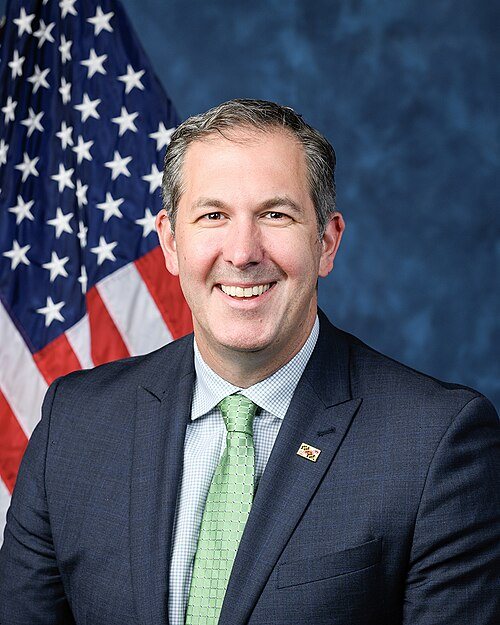
Co-Sponsor
-
TrackShri Thanedar

Co-Sponsor
Actions
2 actions
| Date | Action |
|---|---|
| Sep. 10, 2025 | Introduced in House |
| Sep. 10, 2025 | Referred to the Committee on Energy and Commerce, and in addition to the Committees on Ways and Means, and Education and Workforce, for a period to be subsequently determined by the Speaker, in each case for consideration of such provisions as fall within the jurisdiction of the committee concerned. |
Corporate Lobbying
0 companies lobbying
None found.
* Note that there can be significant delays in lobbying disclosures, and our data may be incomplete.
